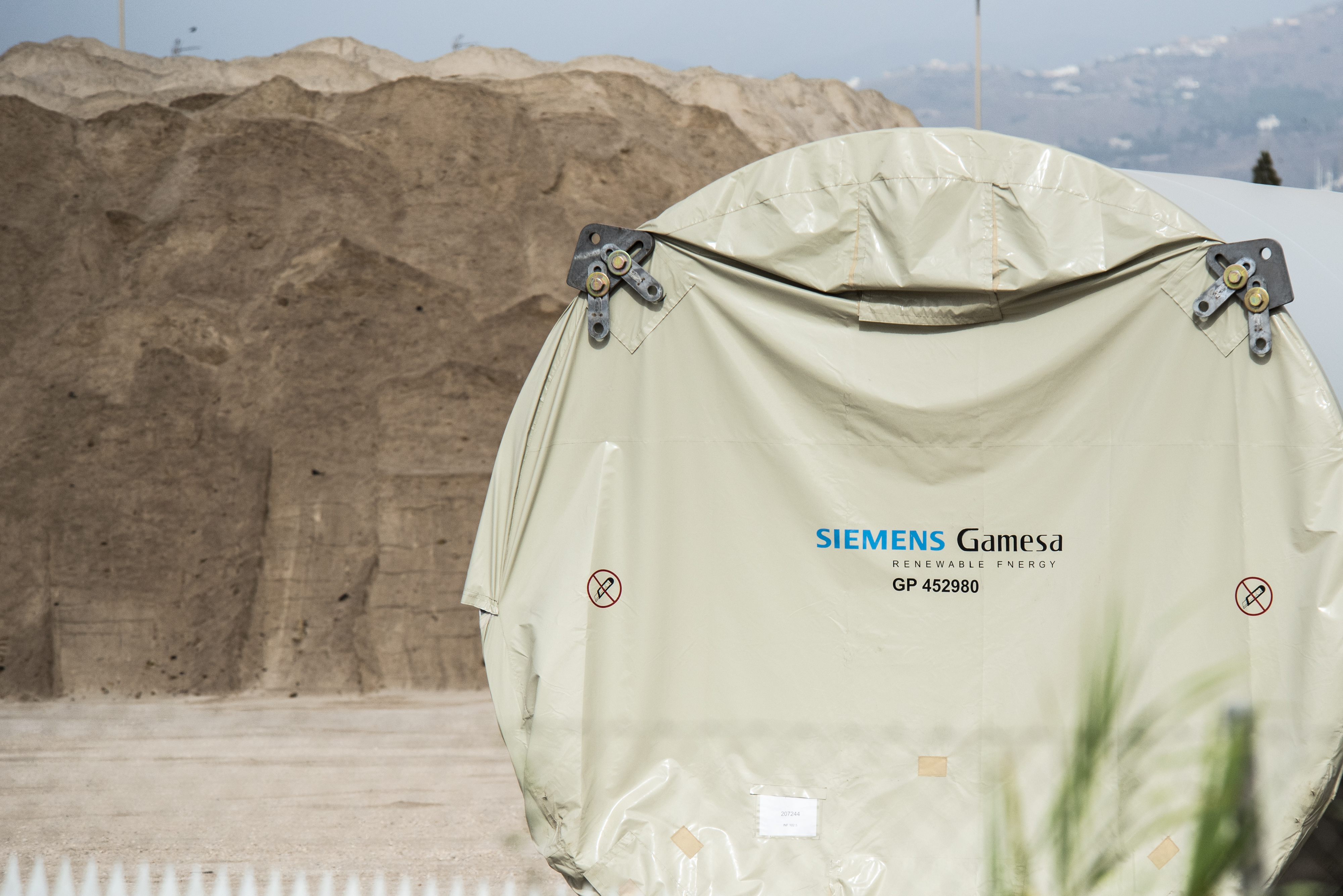
The US/Canadian company PotashCorp and Australian company Incitec Pivot have been kicked out of the Swedish government´s pension funds due to imports from occupied Western Sahara.
Photo: Incitec Pivot fertilizer plant in Australia.
The Swedish government pension funds today announced in a press release that it had decided to exclude phosphate importers PotashCorp and Incitec Pivot.
The fund states in the release that engagement with the two companies did not lead to changed practice despite several years of effort, and that the fund´s ethical council "has therefore chosen to terminate the dialogue and issued a recommendation to each fund to exclude the companies' shares from their investment portfolios. All four funds have elected to follow the recommendation".
The pension fund writes:
The recommendations on exclusion of Incitec Pivot Ltd and Potash Corp. are based on both companies being purchasers of phosphate from a Moroccan supplier that mines its product in Western Sahara. Western Sahara has been under Moroccan occupation since 1975 and is on the United Nations’ list of non-self-governing territories that should be decolonised. The UN's legal counsel stated in January 2002 that exploration of mineral resources in Western Sahara without local consent would be in breach of the International Covenant on Civil and Political Rights and the International Covenant on Economic, Social and Cultural Rights.
The Ethical Council has engaged with both companies since 2010 with the aim of persuading them to cease procurement of phosphate from Western Sahara or to prove that the extractive process complies with the interests and wishes of the Western Saharan people, in accordance with the UN legal counsel's statement of 2002. The Ethical Council has also urged both companies to adopt policies undertaking to refrain from actions that violate international humanitarian law. The Ethical Council concludes that further dialogue with Potash and Incitec Pivot would be to no avail as neither company has indicated an intention to cease procurement of phosphate from Western Sahara in the near future or been able to demonstrate that the extractive process accords with the interests and wishes of the Western Saharan people.
“Engagement is the Ethical Council's primary tool for encouraging companies to act responsibly. Exclusion from the investment portfolio is a last resort when other avenues have not worked. This is therefore a setback for us in so far as we have been unable to secure lasting improvements despite several years of active engagement. We do not believe further interaction with these companies will be fruitful and have therefore recommended that the AP funds exclude them from their investment universe" stated Christina Kusoffsky Hillesöy, Chairman of the Ethical Council.
The Swedish government funds thus follow a range of other investors that have blacklisted the 2 companies. Last year, the Norwegian government pension fund blacklisted PotashCorp The investment divestment from the Norwegian was 256 million euros.
It is not known how large the Swedish investments in the 2 companies were at the time of exclusion.
SRI update
The following overview enlists stock-exchange registered companies with current or recent operations in occupied Western Sahara. Updated 10 April 2025.
Siemens Energy misrepresents EU Court rulings
The German multinational - which supplies the Moroccan energy projects in the occupied territory - fails to grasp EU court rulings.
Brazilian cement giant Votorantim behind sand plunder
WSRW was present as the Brazilian company Votorantim last week received a cargo of sand from occupied Western Sahara in Tenerife, Spain.
Engie starts power production on occupied land
WSRW strongly condemns Engie's blatant disdain for international law in occupied Western Sahara.


